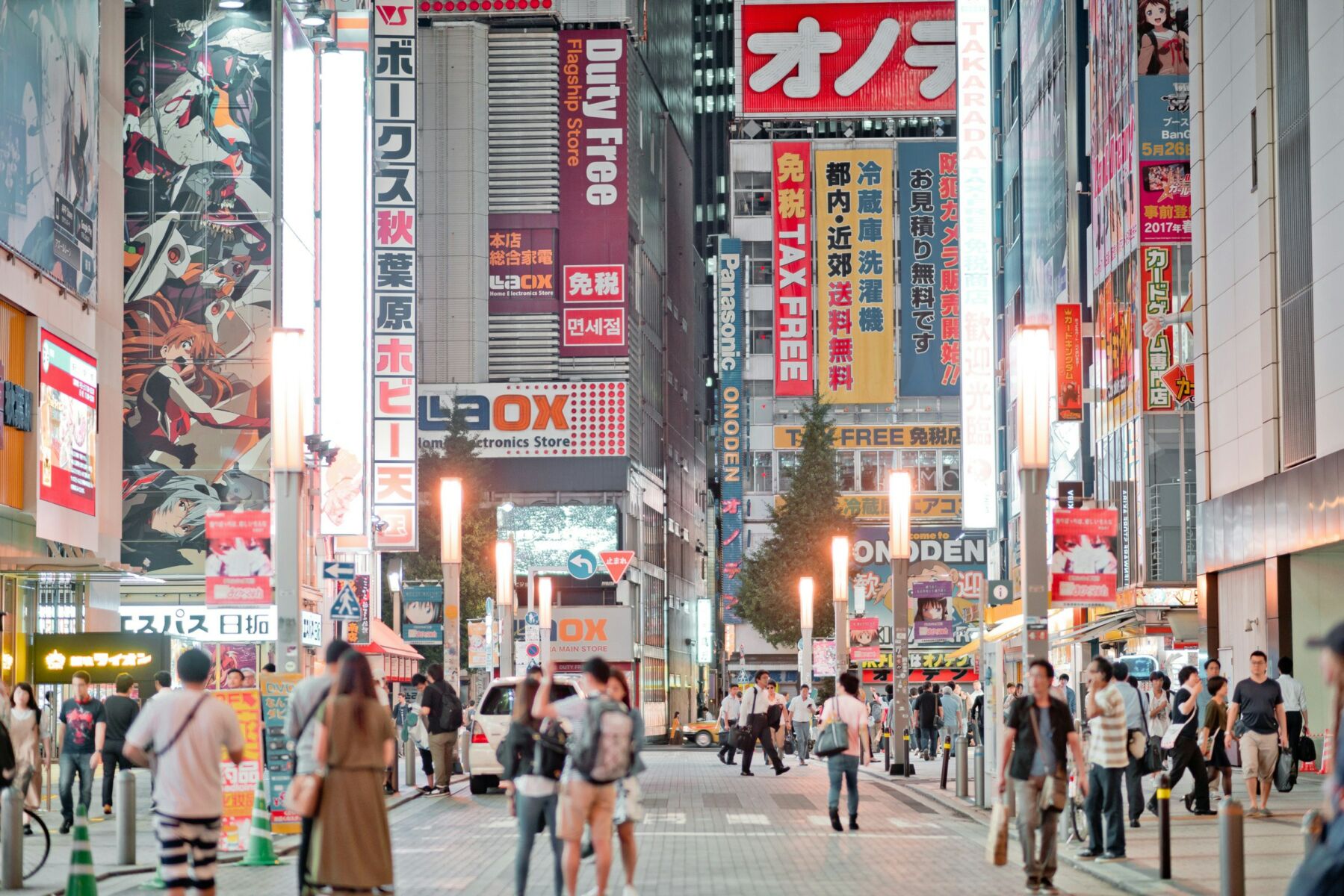Japan experiences surge in qr code transactions amid push for digitalisation

Across Japan, a surge in electronic payment drives has been noted, as municipalities aim to encourage digitalised consumption through QR code transactions. These campaigns, often run in collaboration with local businesses, have seen increasing popularity, despite resistance from certain demographics, particularly the elderly and those less adept with digital devices.
The country’s significant elderly population, a group that has been less enthusiastic about adopting electronic payment systems, seems to be a key factor in Japan’s slow transition to cashless transactions. This has been more evident during the COVID-19 pandemic. Local governments are working to bridge this digital divide by offering alternatives like paper gift certificates and conducting smartphone workshops for seniors.
The city of Tagawa in Fukuoka prefecture is one example. Despite being one of the areas with the highest ageing population in the prefecture, officials have been persistent in promoting their cashless payment drive, including the QR code programme.
Local governments typically run these campaigns alongside major QR code payment system operators, with funding coming from regional revitalisation grants provided by the central government.
QR codes, invented in 1994 by Japanese industrial equipment manufacturer Denso Wave Inc, have evolved from tracking inventories to broader commercial applications, like contactless payment methods.
In Tagawa, the number of QR code users reportedly increased by 30% following the introduction of the first programme in October 2020, which offered a 20% discount on purchases using the payment system. However, those unfamiliar with digital devices, particularly many elderly individuals who do not own smartphones, have expressed doubts about the benefits of such a programme.
Cashless payments
Despite the initial resistance, Tagawa and a growing number of local governments have continued to run similar campaigns. PayPay Corp, which initiated the programme in July 2020, revealed that 457 municipalities had either implemented QR code drives or planned to do so.
The programmes have been deemed beneficial for both local governments and consumers. They eliminate the need for issuing and printing shopping vouchers for refunds and allow consumers to make purchases from home.
Efforts to transition those reliant on cash to cashless payments are ongoing, particularly for seniors, often categorised as digital poor. In a survey conducted in 2023 by the Cabinet Office, about half of the respondents aged 70 and older admitted to rarely or never using digital devices.
In response, municipalities like Tagawa have continued to issue paper-based shopping vouchers, first introduced in 2009. Additionally, to encourage the elderly to participate, cities have been conducting seminars teaching them how to operate smartphones, reported Bangkok Post.
Tagawa city official, 46 year old Mitsugu Setoguchi, suggests that teaching people to use smartphones is the fastest way to promote cashless transactions. “First and foremost, we hope to use this opportunity of having people learn about cashless payments to familiarise them with how to operate smartphones,” he said.
Latest Thailand News
Follow The Thaiger on Google News:


























